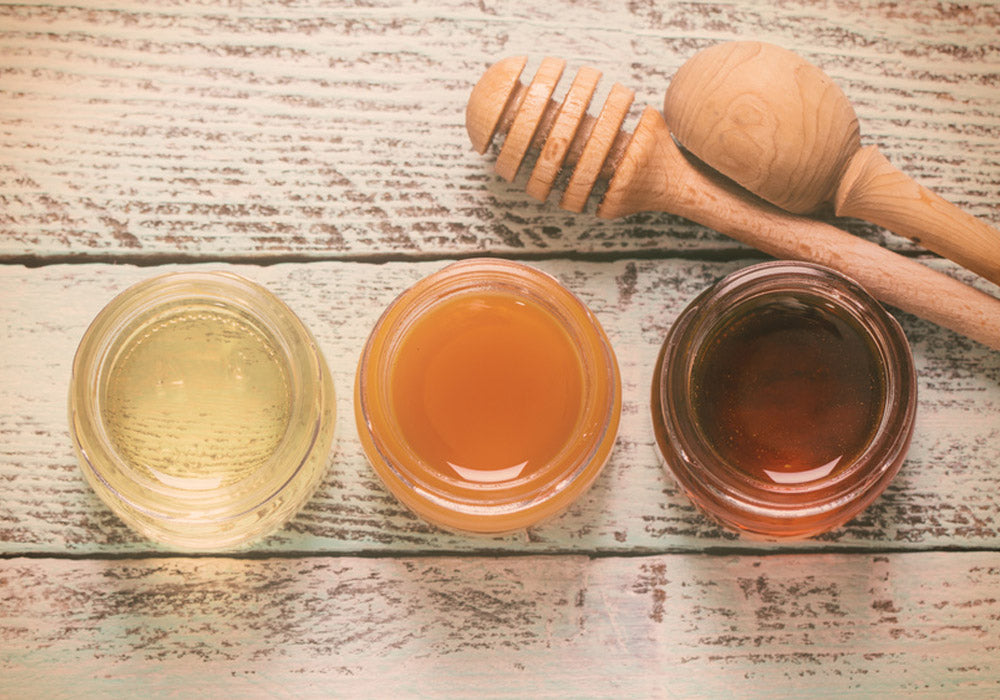"Honey for all who wish for a long life!" Hippocrates (460 370 BC)
Centuries before medical research could uncover causes and correlations of honey's healing powers, the sweet gold was already a remedy in folk medicine for treating deficiency diseases such as scurvy and rickets. Before the discovery of penicillin, honey was also used as an antibiotic agent for inflammatory diseases of the respiratory tract, digestive tract, colds and poorly healing wounds. In addition, honey supports the detoxification function of the liver and has a very positive effect on muscle function, but also on the ability to concentrate.
Propolis - the natural antibiotic
Propolis is one of the bee products that plays a key role in the survival of the bee colony and can also be used by humans in many ways. With 35° Celsius, high humidity and sometimes 40,000 - 60,000 bees in a very confined space, the beehive offers ideal conditions for the spread of diseases caused by bacteria, fungi or other microorganisms introduced by many thousands of flights. Bees counter this danger in their habitat with a kind of natural antibiotic, propolis. The raw material for propolis is theresin from buds, leaves and tree bark of the respective local tree population, which is collected by worker bees. In the beehive, this resin is mixed with wax and pollen and enriched with a special saliva secretion of the bees. This also makes it a perfect sticky building material. The bees use it to seal openings or small cracks and coat the surfaces of the honeycombs with it.
At the entrance to a beehive there is also a kind of defensive barrier made of propolis. This serves as a kind of disinfecting foot scraper for the bees returning home. This function also explains the term propolis. It comes from the Greek and means something like "in front of the city". The aim is to inhibit or kill the development of introduced bacteria, fungi or microorganisms and thus protect the bee colony from infections. Researchers have found that thanks to propolis, it is almost as germ-free in the hive as it is in the operating theatre!
Because of its appearance and use, propolis is also known as bee putty, bee resin or bee glue. When beekeepers scrape the propolis out of the hives, they have to be very careful. A hive completely freed of propolis would be defenceless against environmental influences and could not survive. Therefore, special tight-meshed grids are often used as propolis traps, which are then placed in the freezer to make the propolis brittle and easy to remove.
Products with propolis - honey, drops and co.
We recommend honey with propolis. What a combination. What a taste. Propolis can be enjoyed with the sweet elixir for breakfast, in tea or pure. Also ideal for children. Propolis products are suitable for adults as well as for children. Especially the Propolis Spray without alcohol (practical alternative to Propolis drops), the Propolis Drops, according to the Florentine recipe and also the mixture of honey with propolis make the prevention or treatment of infections easier for the little ones.
You can learn more about propolis in the article Propolis bee citric resin - application & effect.







